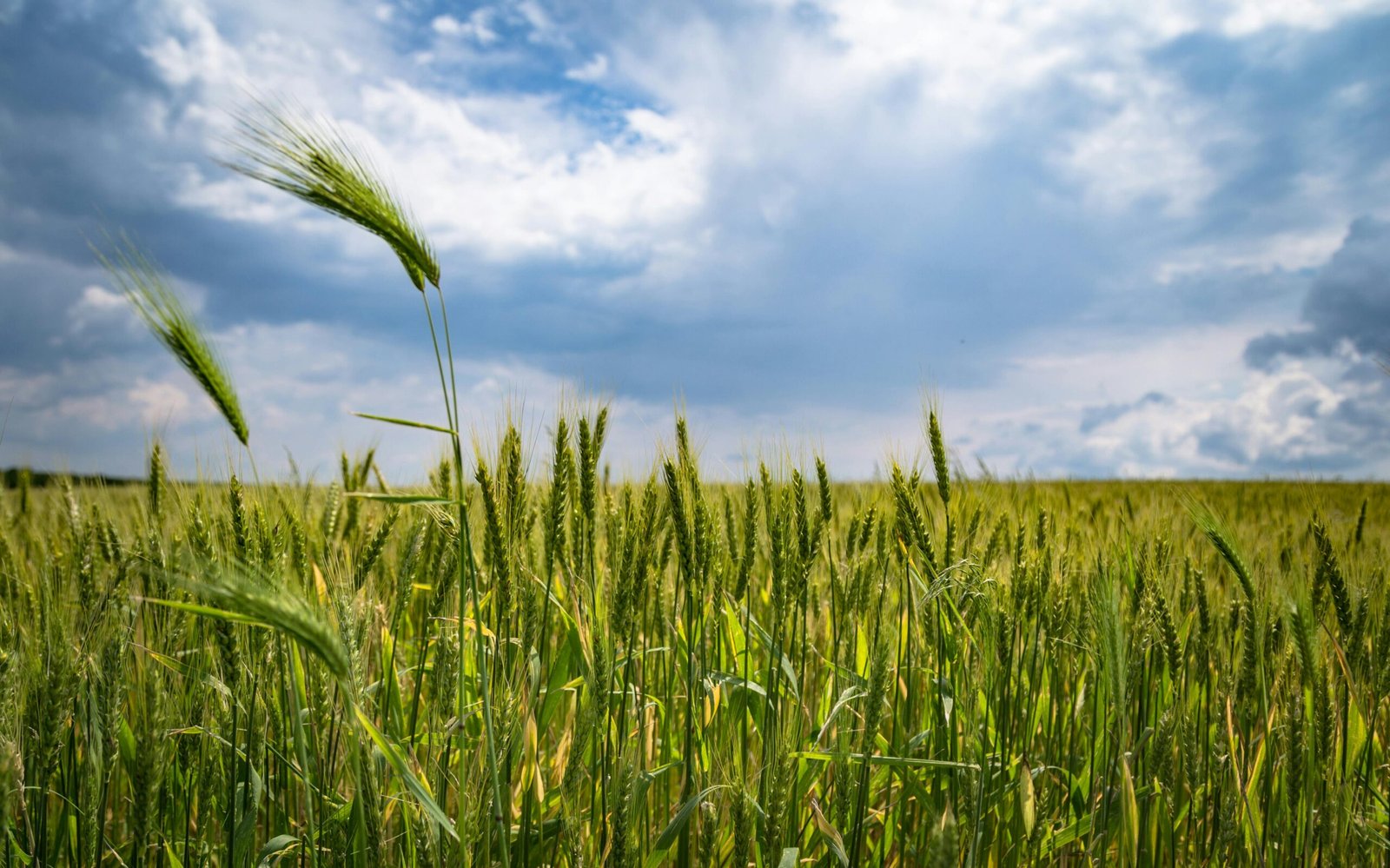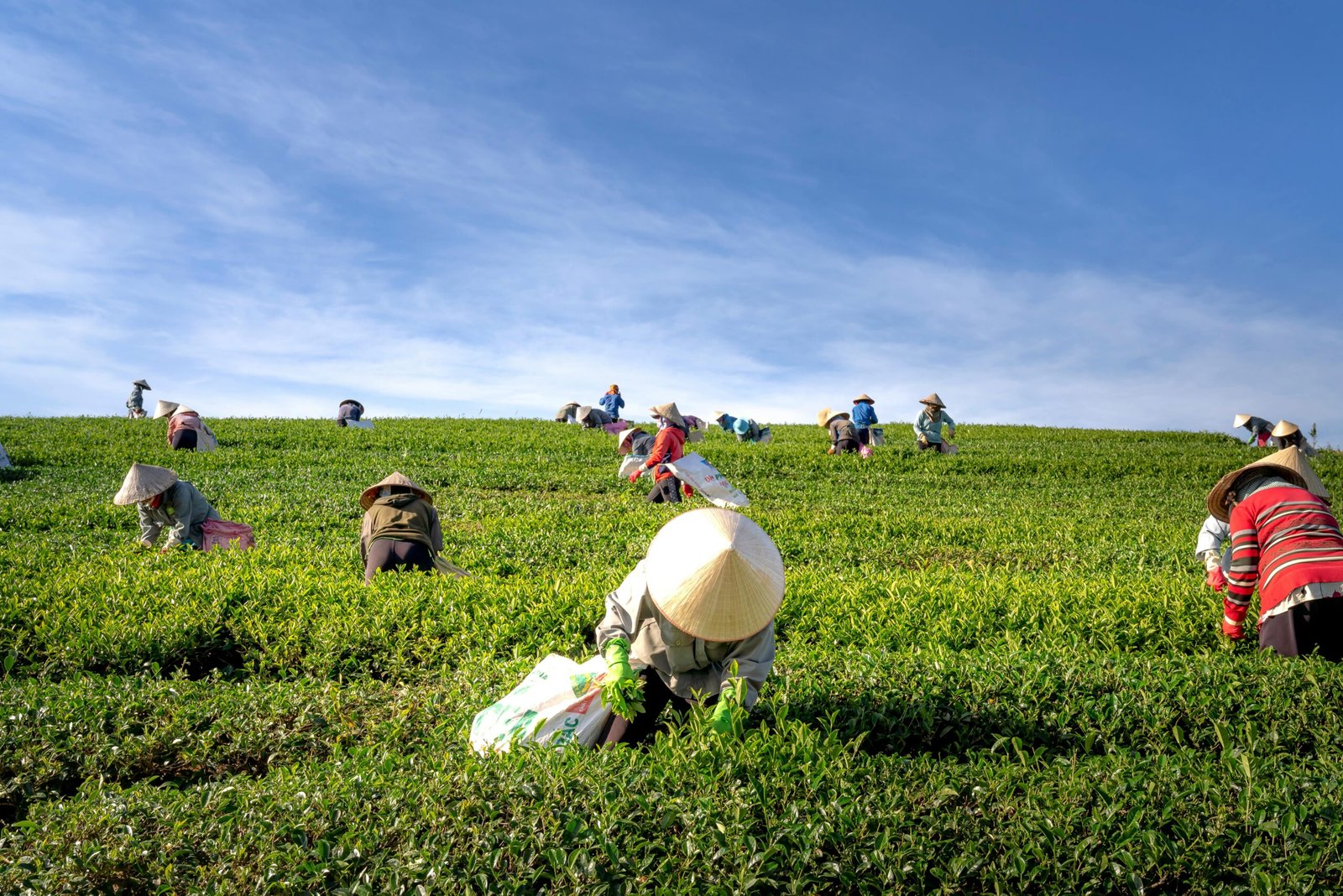
The high-yielding agricultural practices have led to the development and adoption of various innovative techniques. Among these is the Modified System of Rice Intensification (MSRI), a method that aims to maximize rice yields while minimizing inputs such as water, seeds, and fertilizers. In this blog, we will delve into everything you need to know about MSRI in paddy cultivation, its principles, benefits, and how to implement it effectively for achieving optimal yields.
Understanding MSRI:
The Modified System of Rice Intensification (MSRI) is an adapted version of the System of Rice Intensification (SRI), which was originally developed to improve rice cultivation practices. MSRI incorporates modifications based on local conditions and farmer experiences, making it more adaptable and suitable for diverse agroecosystems. The key principles of MSRI.
Reduced seedling density:
Planting fewer rice seedlings per unit area allows each plant to have more space, access to nutrients, and sunlight, leading to stronger and healthier plants.
Alternate wetting and drying (AWD) irrigation:
Instead of continuous flooding, MSRI advocates for intermittent irrigation, where fields are allowed to dry out periodically. This helps in reducing water usage, minimizing weed growth, and promoting aerobic soil conditions beneficial for root development.
Organic soil amendments:
MSRI encourages the use of organic fertilizers, compost, and other soil amendments to improve soil health, fertility, and structure. Organic inputs promote microbial activity, nutrient cycling, and overall soil ecosystem functioning.
Mechanical weed control:
Manual weeding or mechanical methods such as rotary weeders are preferred over chemical herbicides in MSRI. This reduces the environmental impact, preserves beneficial soil organisms, and avoids herbicide-resistant weed issues.
Benefits of MSRI:
Implementing MSRI in paddy cultivation offers a myriad of benefits for both farmers and the environment Higher yields By optimizing plant spacing, water management, and nutrient availability, MSRI can significantly increase rice yields compared to conventional methods.
Water savings:
AWD irrigation in MSRI reduces water usage by up to 30-50% compared to continuous flooding, making rice cultivation more sustainable, especially in water-stressed regions.
Cost-effective:
MSRI requires fewer inputs such as seeds, fertilizers, and pesticides, resulting in reduced production costs and higher returns for farmers.
Environmental sustainability:
MSRI promotes biodiversity, soil health, and ecosystem resilience by minimizing chemical inputs, reducing greenhouse gas emissions, and conserving water resources.
Implementing MSRI:
To implement MSRI effectively and maximize its benefits, farmers should follow these guidelines:
Land preparation: Prepare the field by leveling the land, incorporating organic matter, and ensuring proper drainage for AWD irrigation.
Seedling selection:
Choose healthy and vigorous seedlings for transplanting, preferably 15-20 days old with 2-3 leaves.
Planting: Transplant seedlings at wider spacing (e.g., 25×25 cm) compared to conventional methods to allow for better root development and canopy expansion.
Irrigation management:
Practice AWD irrigation by maintaining a shallow water layer during the vegetative stage and allowing the field to dry out before re-irrigation.
Nutrient management:
Apply organic fertilizers, compost, or biofertilizers based on soil test recommendations to meet the nutritional needs of rice plants.
Weed control:
Use manual weeding, mechanical weeders, or mulching to control weeds and maintain a weed-free environment around rice plants.
Conclusion:
Modified System of Rice Intensification (MSRI) holds immense potential for improving paddy cultivation practices, increasing yields, and promoting sustainability in rice production. By adopting MSRI principles and implementing them effectively, farmers can achieve higher productivity, conserve resources, and contribute to food security and environmental stewardship. As we continue to face challenges such as climate change, water scarcity, and diminishing land resources, MSRI offers a promising pathway toward resilient and sustainable rice farming systems.


